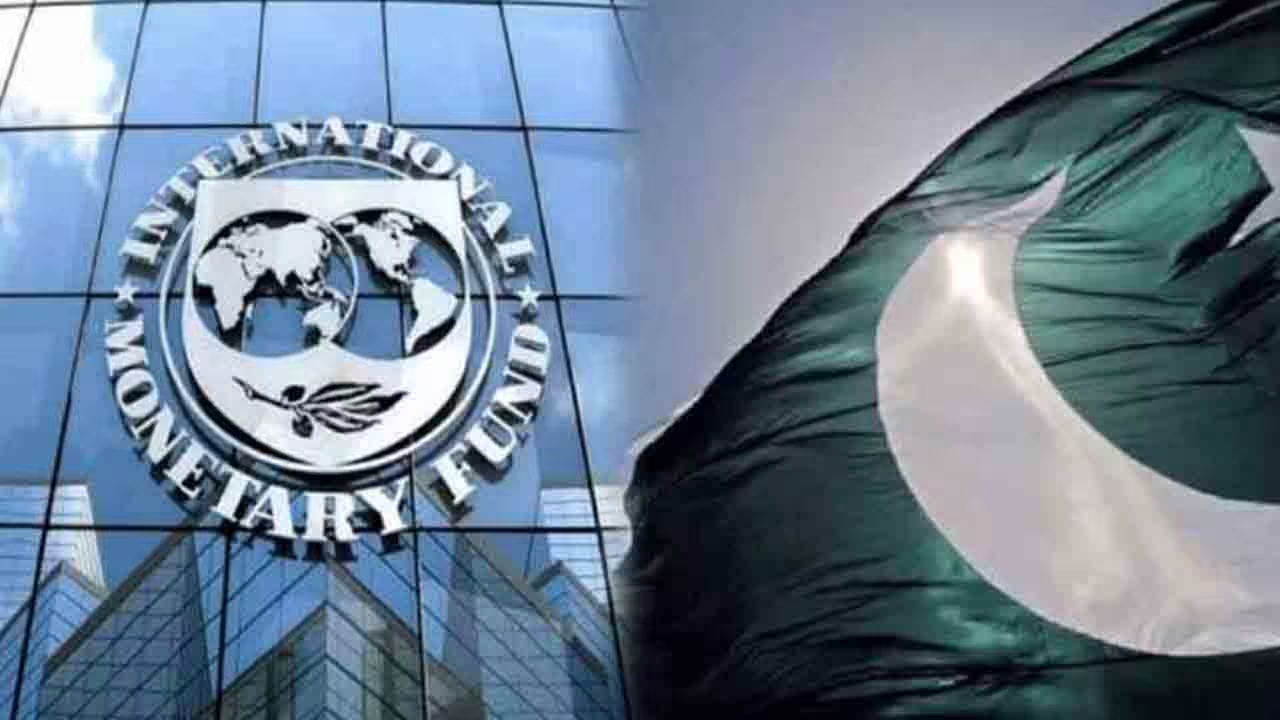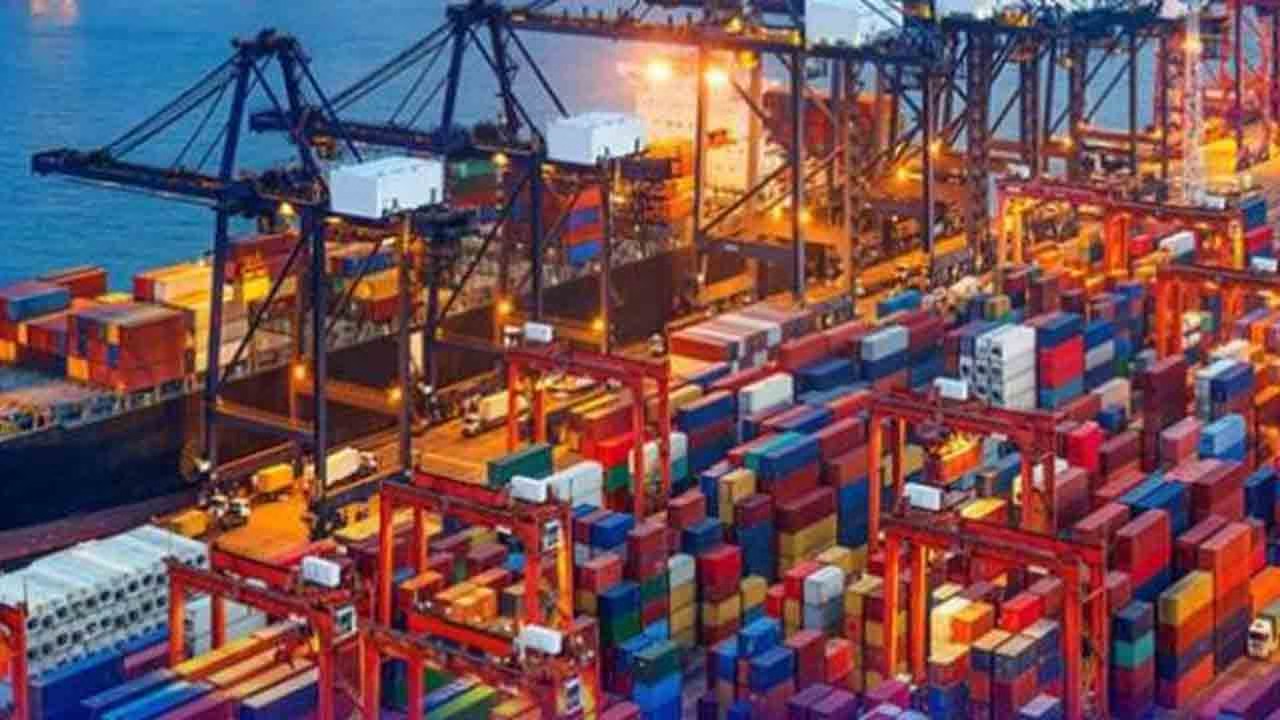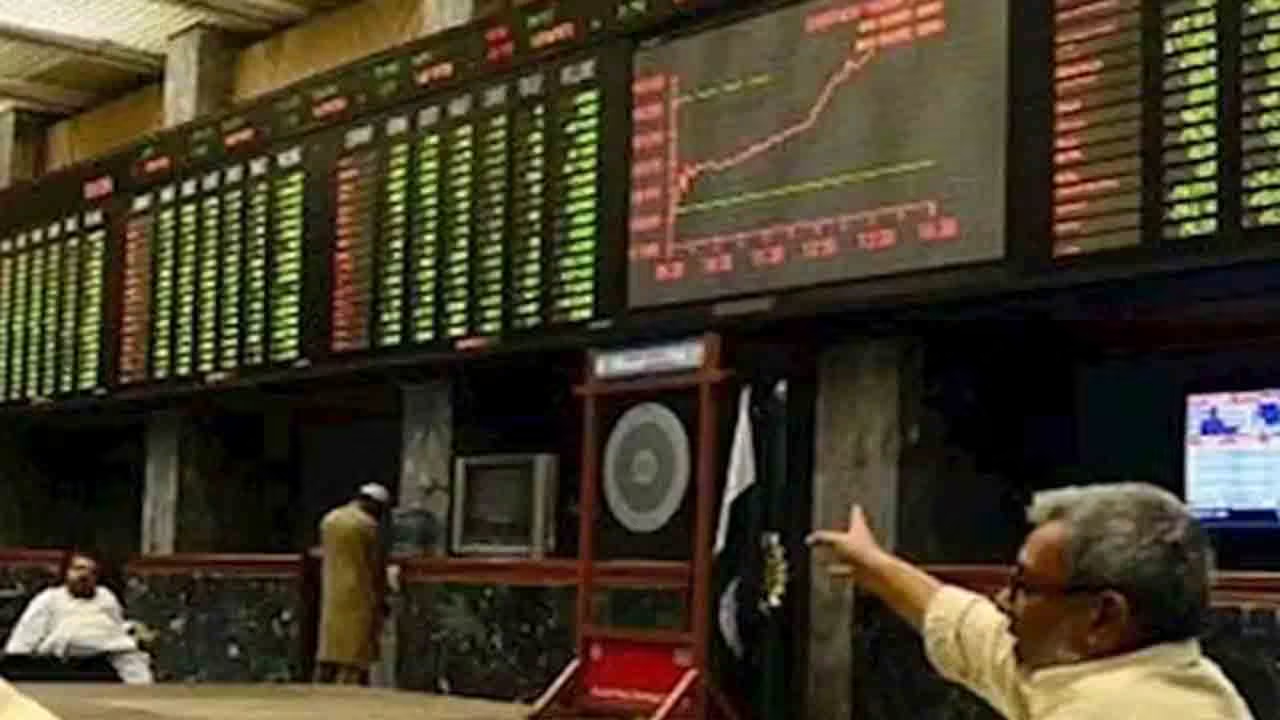The International Monetary Fund (IMF) is set to review Pakistan’s request for a new $7 billion loan program on September 25, 2024, marking a crucial moment for the country’s efforts to stabilize its economy. Pakistan, facing severe financial challenges, has secured the necessary assurances from its development partners to cover a significant $2 billion financing gap, a prerequisite for gaining approval from the IMF.
Financial Assurances and the Role of Development Partners
Earlier, Pakistan’s central bank, the State Bank of Pakistan (SBP), confirmed that the country had met the IMF’s requirements for financial assurances. The SBP stated that these assurances, largely provided by development partners, are essential for covering the $2 billion shortfall in Pakistan’s financing needs. These commitments are intended to provide a cushion against Pakistan’s rising external debt obligations, helping to stabilize its foreign exchange reserves and meet the conditions laid out by the IMF.
Pakistan’s ability to secure these assurances reflects the confidence of its international development partners in its capacity to manage its financial obligations, provided it receives the necessary support. The cooperation of multilateral institutions and friendly countries in offering these guarantees has been key to ensuring that the IMF loan program can move forward without further obstacles.
Pakistan’s Economic Challenges
Pakistan is facing severe economic headwinds, including rising inflation, dwindling foreign exchange reserves, and significant external debt repayments. According to the SBP, the country must make payments of $26.20 billion in the current fiscal year. However, Pakistan expects to roll over $16.3 billion of these repayments, helping to ease the pressure on its foreign exchange reserves.
The government has been actively engaging with international lenders, including the IMF, World Bank, and Asian Development Bank, to secure additional financing that can help bridge the gaps in its external financing needs. These negotiations have been complicated by Pakistan’s ongoing political instability and internal economic challenges, which include a depreciating currency and rising fiscal deficits.
IMF Loan Program and Its Importance
The approval of the $7 billion loan program is critical for Pakistan’s financial health, as it would provide much-needed relief for its balance of payments and help stabilize the currency. The IMF’s involvement would also send a positive signal to other international lenders and investors, indicating that Pakistan is on a path toward economic recovery and fiscal discipline.
Moreover, the IMF loan is expected to unlock further financial support from other international partners, including bilateral and multilateral institutions. This additional funding is essential for maintaining economic stability, improving investor confidence, and addressing the country’s broader fiscal imbalances.
State Bank’s Statement and Outlook
The State Bank of Pakistan has reassured the public that all obstacles have been cleared for the approval of the IMF loan program. According to the SBP, Pakistan will present its case at the upcoming IMF meeting in September 2024, with all necessary financial assurances in place. This step is expected to pave the way for the release of the first tranche of the $7 billion loan, which will help Pakistan meet its external payment obligations.
Pakistan’s economic team is expected to highlight the structural reforms it has implemented to qualify for the IMF’s support, including measures aimed at reducing fiscal deficits, improving revenue collection, and enhancing the transparency of public finances.
The upcoming IMF meeting on September 25, 2024, marks a pivotal moment for Pakistan’s economic future. With all necessary financial assurances in place, the country is poised to receive the much-needed $7 billion loan program. This support will provide a critical boost to Pakistan’s struggling economy, helping it navigate through its external debt repayments and restore macroeconomic stability. The approval of the IMF program is also expected to bolster investor confidence, attracting additional financial assistance from other international lenders and development partners. However, the road to full economic recovery will require continued fiscal discipline, structural reforms, and political stability.



